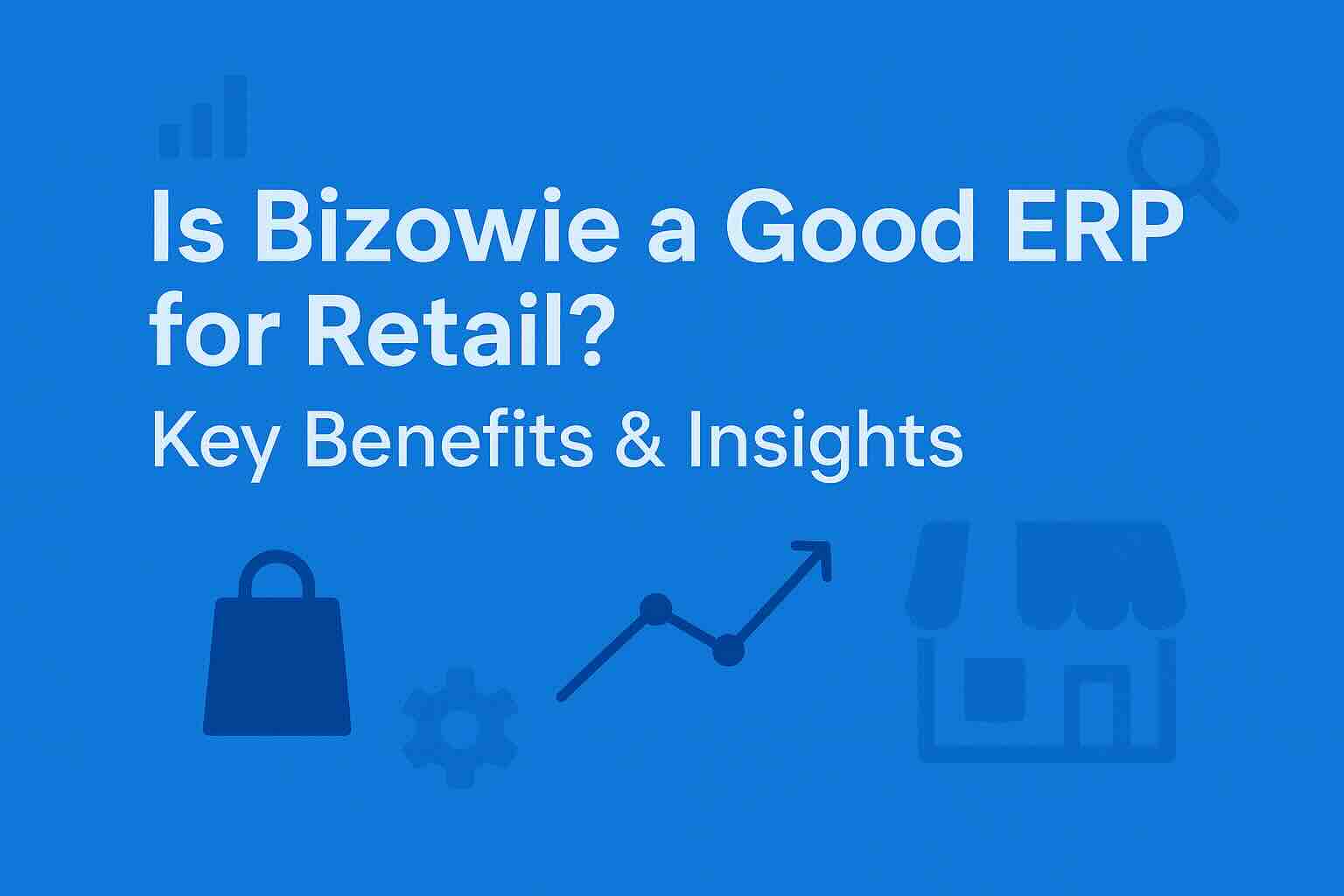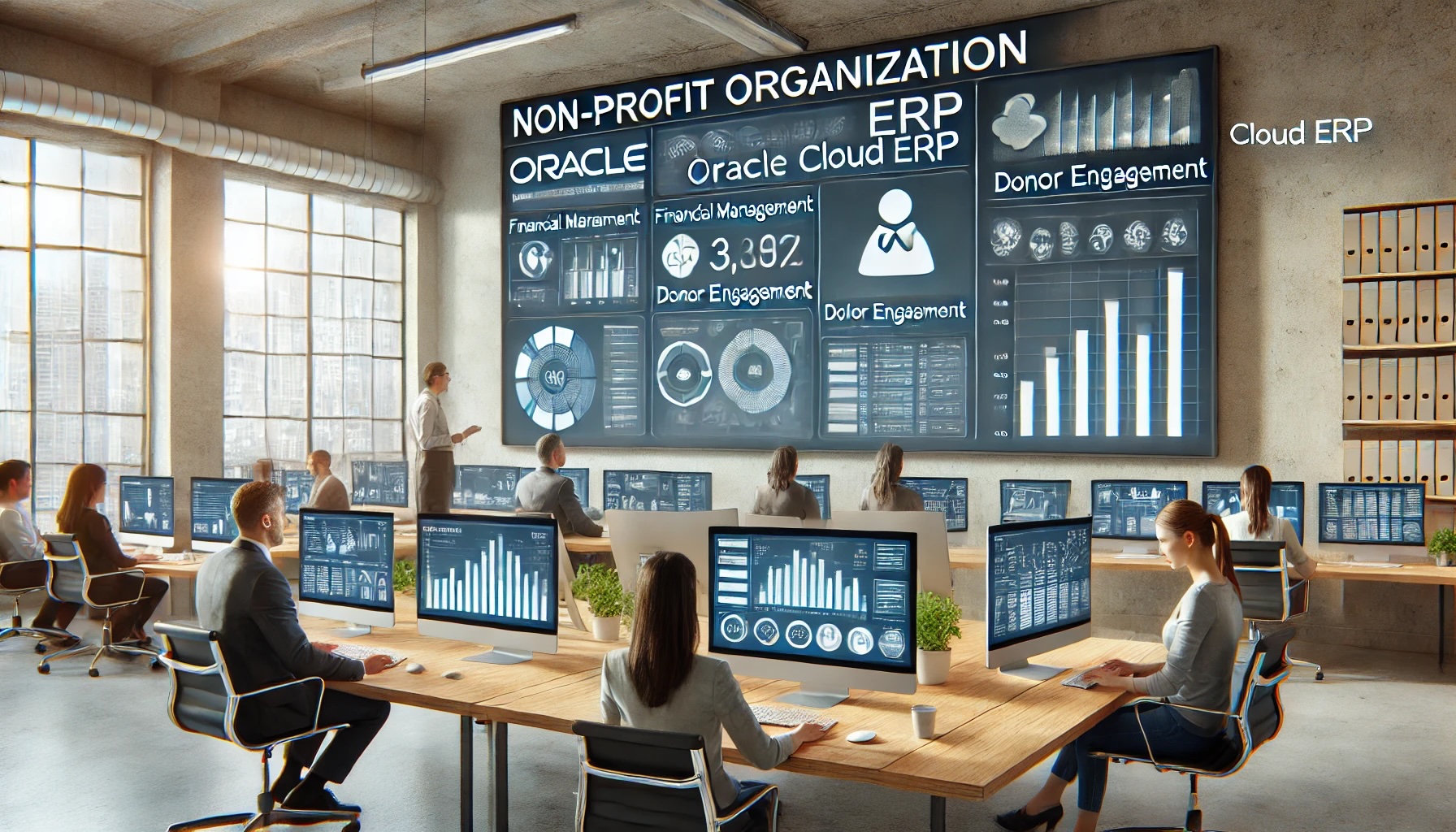Compare the Top 10 ERP Finance Systems in the UK

Selecting the right ERP finance system is essential for businesses in the UK, as it helps streamline financial operations, improve data visibility, and ensure regulatory compliance. With so many options available, it can be challenging to compare finance systems in the UK to find the best fit for your business. In this guide, we’ll explore the top 10 ERP finance systems, highlighting their key features, scalability, and industry suitability to help you make an informed decision.
1. SAP S/4HANA
Overview: SAP S/4HANA is one of the most comprehensive ERP systems, catering to large enterprises with complex financial needs. Known for its robust finance and accounting functionalities, it offers real-time insights and a high degree of customization.
Key Finance Features:
- Advanced financial planning and analysis
- Real-time cash flow management
- Asset management and compliance
- Risk management and regulatory support
Pros: Extremely powerful, scalable, and suited for large enterprises
Cons: Expensive, steep learning curve for new users
Pricing: Custom pricing based on implementation and modules
Best For: Large enterprises in need of complex, scalable financial solutions
To find out more about SAP S/4HANA you can click this link.
2. Oracle ERP Cloud
Overview: Oracle ERP Cloud is a cloud-based solution with strong financial management capabilities, ideal for mid to large-sized businesses looking for scalability and flexibility.
Key Finance Features:
- Comprehensive financial management, including budgeting, forecasting, and analytics
- Automated invoice processing and cash management
- Compliance management and advanced auditing features
- AI-powered financial reporting
Pros: Highly customizable, AI-driven analytics, strong scalability
Cons: High cost, may be complex for smaller businesses
Pricing: Custom pricing
Best For: Mid to large-sized businesses requiring advanced financial management and analytics
To find out more about Oracle Cloud you can click this link.
3. Microsoft Dynamics 365 Finance
Overview: Microsoft Dynamics 365 Finance is a powerful solution known for its seamless integration with Microsoft Office products, making it ideal for businesses already using Microsoft’s ecosystem.
Key Finance Features:
- Financial reporting and business intelligence
- Budgeting and financial planning
- Revenue recognition and compliance
- Global financial management (multi-currency and multi-entity)
Pros: Strong integration with Microsoft tools, scalable for mid to large enterprises
Cons: Requires training for optimal use, complex configuration
Pricing: Starts from £135 per user/month
Best For: Mid to large businesses, especially those already using Microsoft products
To find out more about Microsoft you can click this link.
4. NetSuite ERP
Overview: NetSuite is a cloud-based ERP with strong financial and accounting features. It’s especially popular among growing businesses due to its flexibility and ease of use.
Key Finance Features:
- General ledger, accounts payable and receivable
- Real-time financial reporting
- Multi-currency and multi-subsidiary management
- Automated billing and revenue management
Pros: User-friendly, highly flexible, excellent customer support
Cons: Implementation can be complex, higher upfront cost
Pricing: Custom pricing
Best For: Growing SMBs and mid-sized businesses needing flexibility and scalability
To find out more about NetSuite you can click this link.
5. Infor CloudSuite Financials
Overview: Infor CloudSuite Financials is an ERP solution that combines financial management with analytics and collaboration tools. Known for its industry-specific modules, it is widely used in healthcare, manufacturing, and public sectors.
Key Finance Features:
- Expense management and budgeting
- Comprehensive financial reporting
- Asset management and procurement integration
- Compliance and regulatory reporting
Pros: Strong industry-specific customization, advanced analytics
Cons: Limited third-party integrations, complex initial setup
Pricing: Custom pricing based on modules
Best For: Industry-specific businesses in healthcare, manufacturing, or government
To find out more about Infor you can click this link.
6. Epicor ERP
Overview: Epicor ERP is known for its focus on manufacturing and distribution industries. With strong financial modules, it’s a good choice for mid-sized and large companies needing specialized financial tools.
Key Finance Features:
- Cost accounting and budgeting
- Multi-company and multi-currency management
- Integrated financial planning and analysis
- Automated tax compliance
Pros: Excellent for manufacturing and distribution, scalable, strong reporting tools
Cons: Less intuitive interface, may require customization for non-manufacturing industries
Pricing: Custom pricing
Best For: Mid-sized to large manufacturing or distribution companies
To find out more about Epicor you can click this link.
7. IFS Applications
Overview: IFS Applications offers a broad range of ERP functions, with robust financial management features. It’s particularly popular in industries like energy, utilities, and aviation.
Key Finance Features:
- Financial and cost accounting
- Multi-currency and multi-entity support
- Project accounting and asset management
- Compliance and tax reporting
Pros: Industry-specific modules, user-friendly, strong customer support
Cons: Limited customization options, more suitable for larger businesses
Pricing: Custom pricing
Best For: Large enterprises in asset-intensive industries like energy and utilities
To find out more about IFS you can click this link.
8. Workday Financial Management
Overview: Workday is a cloud-based ERP solution known for its intuitive design and advanced financial tools. It’s particularly popular in sectors like finance, healthcare, and higher education.
Key Finance Features:
- Financial reporting and analytics
- Real-time budgeting and forecasting
- Revenue recognition and cash management
- Expense tracking and compliance
Pros: Intuitive interface, strong real-time analytics, scalable
Cons: Limited features for complex manufacturing, high cost for smaller businesses
Pricing: Custom pricing
Best For: Large enterprises and organizations with complex HR and financial needs
To find out more about Workday you can click this link.
9. Acumatica Cloud ERP
Overview: Acumatica is a cloud-based ERP that offers flexibility in deployment and pricing, making it an appealing choice for mid-sized businesses seeking strong financial management features.
Key Finance Features:
- General ledger, accounts payable and receivable
- Cash flow and expense management
- Project accounting and time tracking
- Multi-currency and multi-entity support
Pros: Flexible pricing model, mobile-friendly, easy to scale
Cons: Limited functionality for very large enterprises, fewer third-party integrations
Pricing: Custom pricing based on user count and modules
Best For: Mid-sized businesses in need of scalable financial management
To find out more about Acumatica you can click this link.
10. Unit4 ERP
Overview: Unit4 ERP is designed for service-focused organizations, particularly in the public sector, non-profits, and education. It provides a strong suite of financial management tools tailored for these industries.
Key Finance Features:
- Comprehensive financial planning and budgeting
- Real-time financial reporting
- Compliance and regulatory support
- Multi-entity and multi-currency management
Pros: Excellent for service-focused industries, intuitive interface, easy to use
Cons: Limited industry range, pricing can be high for smaller organizations
Pricing: Custom pricing
Best For: Public sector, non-profits, and service-based organizations
To find out more about Unit4 you can click this link.
Conclusion
Each of these ERP finance systems offers unique features and benefits, catering to different industries and business sizes. Large enterprises with complex financial needs may find SAP S/4HANA or Oracle ERP Cloud a suitable choice, while growing mid-sized businesses might benefit from NetSuite or Acumatica Cloud ERP. Choosing the right ERP finance system depends on factors such as business size, industry, required features, and budget.
To compare these Finance solutions and many more, you can use our new AI-powered Compare ERP tool. It’s free to use and you get a guaranteed discount on your first year’s licence fees with a referral from Compare ERP.









